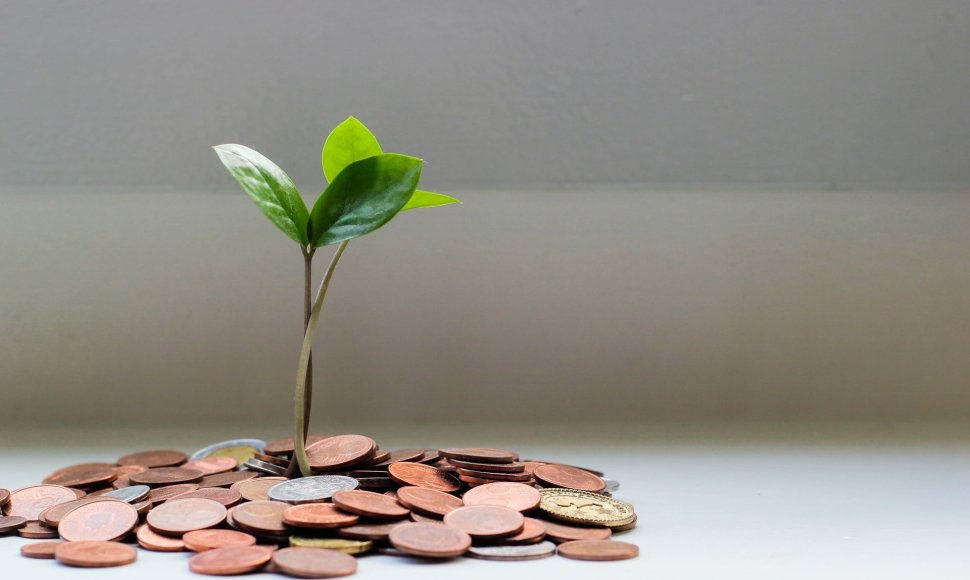"The main goal of "The Green Corridor'' laws is to keep improving Lithuania’s investment climate and to attract large-scale manufacturing or data processing, internet server hosting services projects by offering the most attractive investment environment in the region," - said Marius Skuodis, Vice-Minister of the Economy and Innovation of the Republic of Lithuania. "These projects will create jobs for citizens, including those who lost their incomes during the COVID-19 pandemic. The new regulation should also attract manufacturing companies helping them relocate supply chains from Asia to Europe. In the light of the global pandemic situation, improving local large-scale manufacturing and supply chains is of utmost importance, especially when there is a need to ensure regional health safety measures."

The initiative is also expected to contribute to the creation of high-value added projects within life sciences and further accelerate the growth and development of the industry in Lithuania. The new regulation is particularly attractive for life sciences companies which have plans to grow and expand their businesses. For these companies the present global environment is quite uncertain – governmental support is mainly focused on COVID-19 research and national budgets are stressed due to the recession in many countries. Lithuania has set a national strategic priority to generate 5% of GDP from Life Sciences by 2030 and so boosting the local life sciences ecosystem is one of the primary concerns of Lithuanian government.
The new laws offer new tax incentives and cut the red-tape. Every large-scale investment project that meets the requirements of investing at least €20 million CAPEX (€30 million when investing in Vilnius) and creating at least 150 new full-time jobs (200 when investing in Vilnius) will enjoy 0% corporate income tax for up to 20 years. The developer of a project has to sign a mandatory contract with the Government which grants the project the status of national significance, ensuring fast decision-making, simplified procedures and all-round reduction of bureaucracy.
Once the status of national significance is granted, public authorities will be required to decide on matters regarding the project of national significance within 3 working days. Foreign employees will have the right to start working in Lithuania from the day they apply for their Temporary Residence Permit. There will be a simplified landing process i. e. easier procedures to lease the state land plots and to get other infrastructure necessities (gas, water, electricity etc.).
When the new laws come into effect on January 1, 2021, the government will appoint a dedicated project coordinator responsible for overseeing large-scale investment contracts and ensuring cooperation between investors and the relevant institutions. A consultative committee of Ministers and Vice-Ministers will be established to address key inter-institutional questions regarding large-scale investment projects. The Government will consider the training needs of large-scale investment projects when planning government-funded study places in vocational schools and distributing scholarships.
Under the new package of laws, the investors will be incentivised to invest in more remote localities of Lithuania. In these localities the threshold for becoming a large-scale investment project will be lower than in capital Vilnius. The municipalities will be incentivised to prepare territories in advance because they will be subject to Government grants up to 5% from the investment projects CAPEX value. It is expected to help reduce income inequality and social exclusion.












